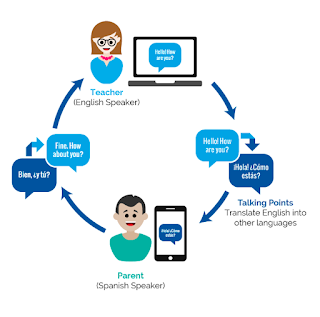Final Narrative
When I was 6 years old, my parents got a divorce. I didn’t really understand what was happening or why it was happening but I found myself always wondering. When my dad moved out, I fell into a deep depression not knowing where he was going to live. This also caused me to have anxiety at a young age. I still deal with depression and anxiety today. As a child, I didn’t know what was wrong with me. I did not know until I was an adult why I always felt certain ways about things. When my parents split up, my mom would try to reassure me that everything would be okay. But would everything be okay? I couldn’t understand what was happening because I didn’t know the why. Although Prensky would consider me a digital native, I didn’t have a cell phone or a computer to be able to communicate with my dad so the only time I could talk to him was during our visitations or the use of my corded house phone when he wasn’t working. My mom eventu...



